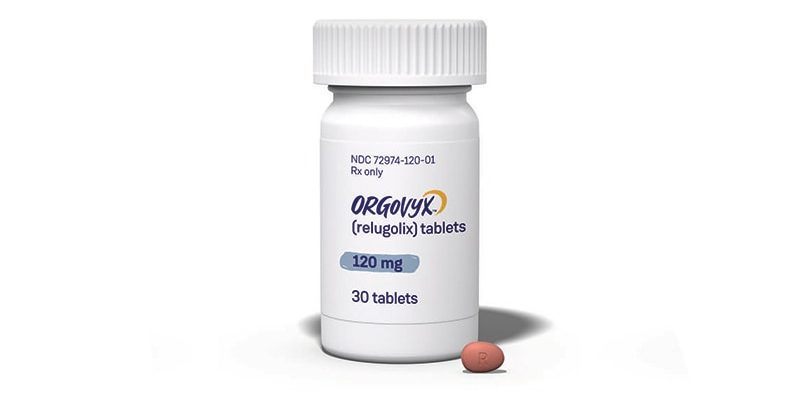An oral form of androgen deprivation therapy (ADT) for use in prostate cancer has been recommended for approval by the European Committee for Medicinal Products for Human Use (CHMP).
The product is relugolix (Orgovyx) from Myovant Sciences Ireland Limited. The full indication is use in the treatment of adult patients with advanced hormone-sensitive prostate cancer.
It is already available in the United States, where the US Food and Drug Administration approved it in December 2020. At the time, the agency said it was the first oral drug in this class, and that it may eliminate some patients’ need to visit the clinic for treatments that require administration by a healthcare provider.
Relugolix is a hormone antagonist that competitively binds to gonadotropin-releasing hormone (GnRH) receptors in the anterior pituitary gland, preventing native GnRH from binding. This reduces the secretion of luteinizing hormone (LH) and follicle-stimulating hormone (FSH), causing a reduction in the production of testosterone from the testes.
The CHMP noted that the benefits of relugolix are a medical castration rate of 96.7% compared with 88.8% in the control group as observed in a randomized, open-label study in adult men with androgen-sensitive advanced prostate cancer. The most common side effects are hot flashes, musculoskeletal pain, fatigue, diarrhea and constipation.
Those clinical data come from the open-label HERO trial, which compared oral relugolix with injectable leuprolide. The data were presented at the 2020 annual meeting of the American Society of Clinical Oncology, and published simultaneously in The New England Journal of Medicine.
Notably, relugolix cut the risk for major adverse cardiovascular events by 54% in comparison with leuprolide, as reported by Medscape Medical News.
Relugolix has the “potential to become a new standard for ADT and advanced prostate cancer,” commented study investigator Neal D. Shore, MD, of Carolina Urologic Research Center, Myrtle Beach, South Carolina, at the time.
David R. Wise, MD, PhD, Perlmutter Cancer Center at NYU Langone Health, New York City, agreed that the drug could be practice-changing, but claimed that it would be for a subset of patients only — specifically, patients with a significant history of cardiovascular disease who are without gastrointestinal malabsorption, he said.
For more from Medscape Oncology, join us on Twitter and Facebook
Source: Read Full Article
